Union relationships can be one of the most difficult things employers a unionized workforce are forced to navigate. They’re fraught with adversarial interactions and potential legal liability. Employers must tread carefully and intentionally in order to emerge successfully.
Terminating any employee can be a difficult process; however, terminating or laying off a union employee may prove even more difficult. HR often plays a key role in understanding and analyzing the collective bargaining agreement (CBA), its rules and procedures for handling employee performance, and its restrictions on discipline, layoffs or outright termination.
At a minimum, HR should strive to comply with the terms of the CBA where possible. Working closely with in-house or external counsel is always advisable during this process, particularly where the HR specialist believes the unionized employee in question should leave the organization. Equally important, however, is understanding the restrictions on employee discipline imposed by the National Labor Relations Act (NLRA), which forbids employers from restricting or disciplining any employee conduct that could be viewed as “protected, concerted activity.” This type of activity typically includes any employee discussion or activity that addresses wages, terms or conditions of employment or criticism of superior officers.
While CBAs are negotiated on an employer-by-employer basis, the NLRA applies to most employers, with or without a unionized workforce. The trend in this area of the law is to further expand employee protections while limiting the actions employers can take in response to “protected, concerted activity.” Recent decisions from the National Labor Relations Board (NLRB) include restrictions on overly-broad at-will disclaimers in onboarding paperwork or employee handbooks, forbidding employer restrictions on social media commentary and even permitting employees to be dishonest during internal investigations if they are concealing “protected, concerted activity.”
HR should document all performance-related information when it comes to unionized employees, consistently strive to abide by the CBA and work closely with in-house or external counsel when disciplining, terminating or laying off a unionized employee.

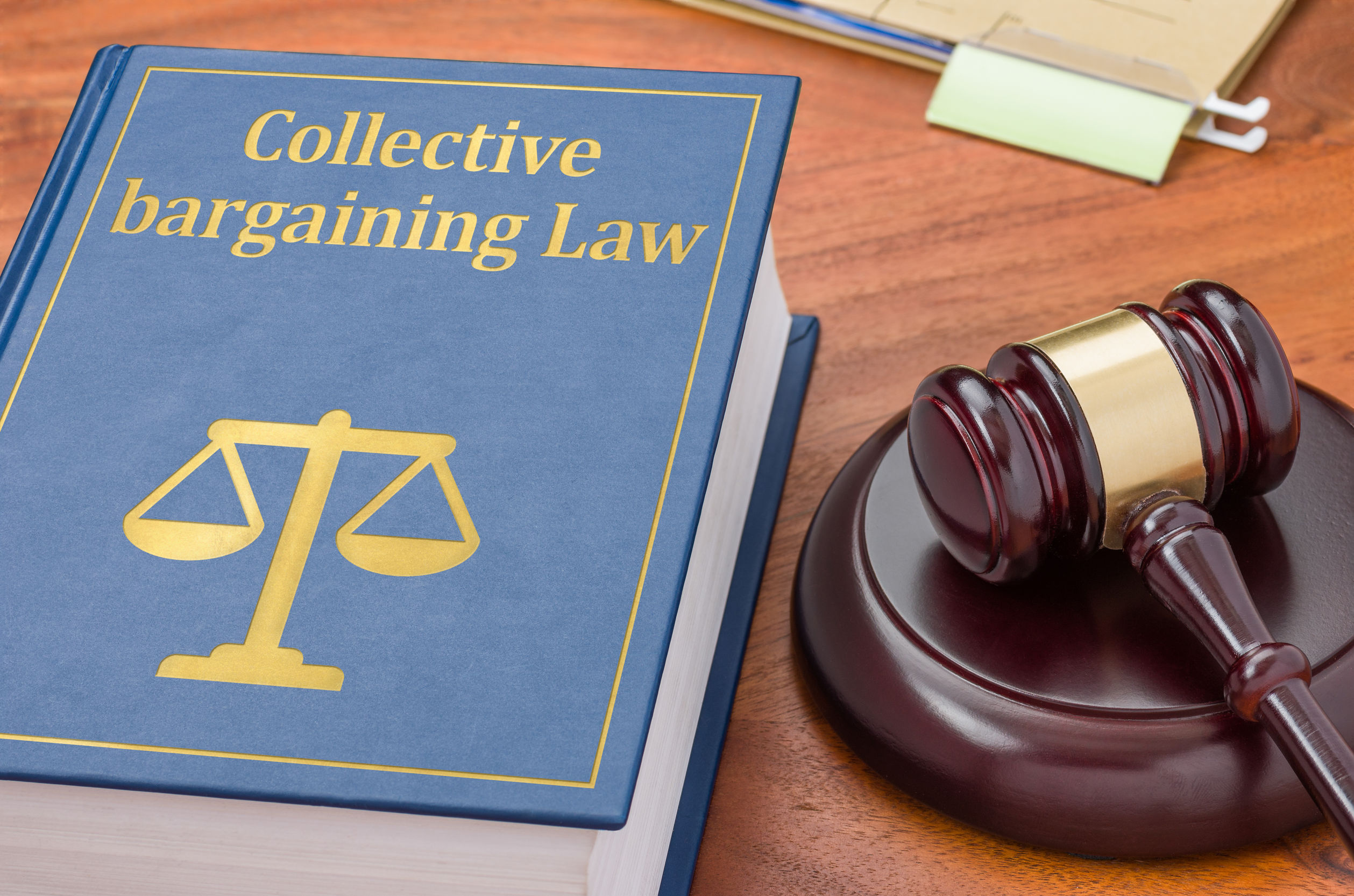
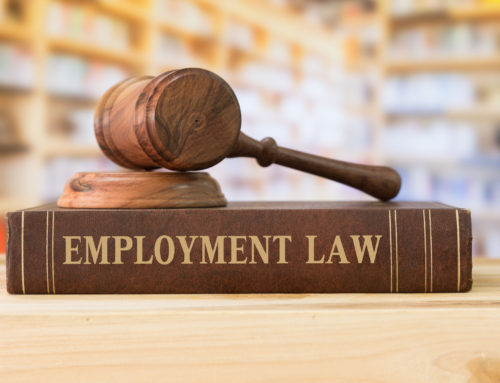
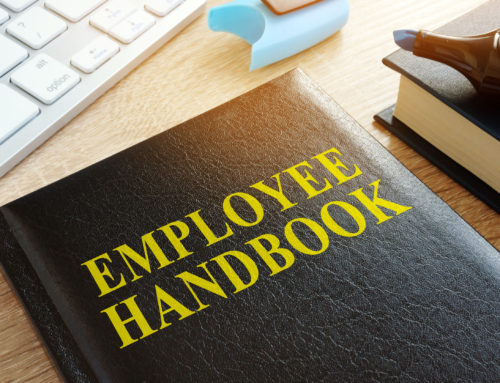

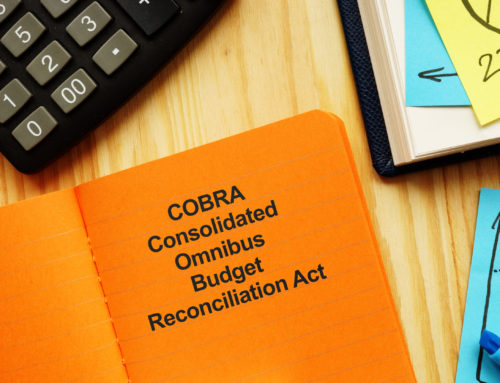
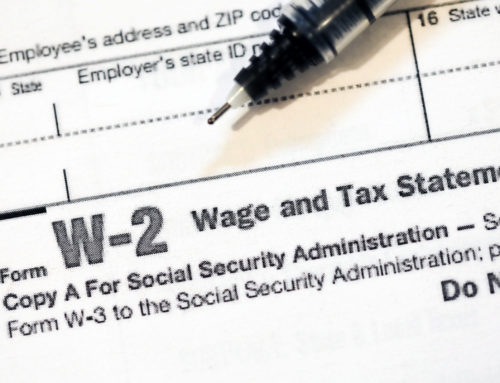
Leave A Comment